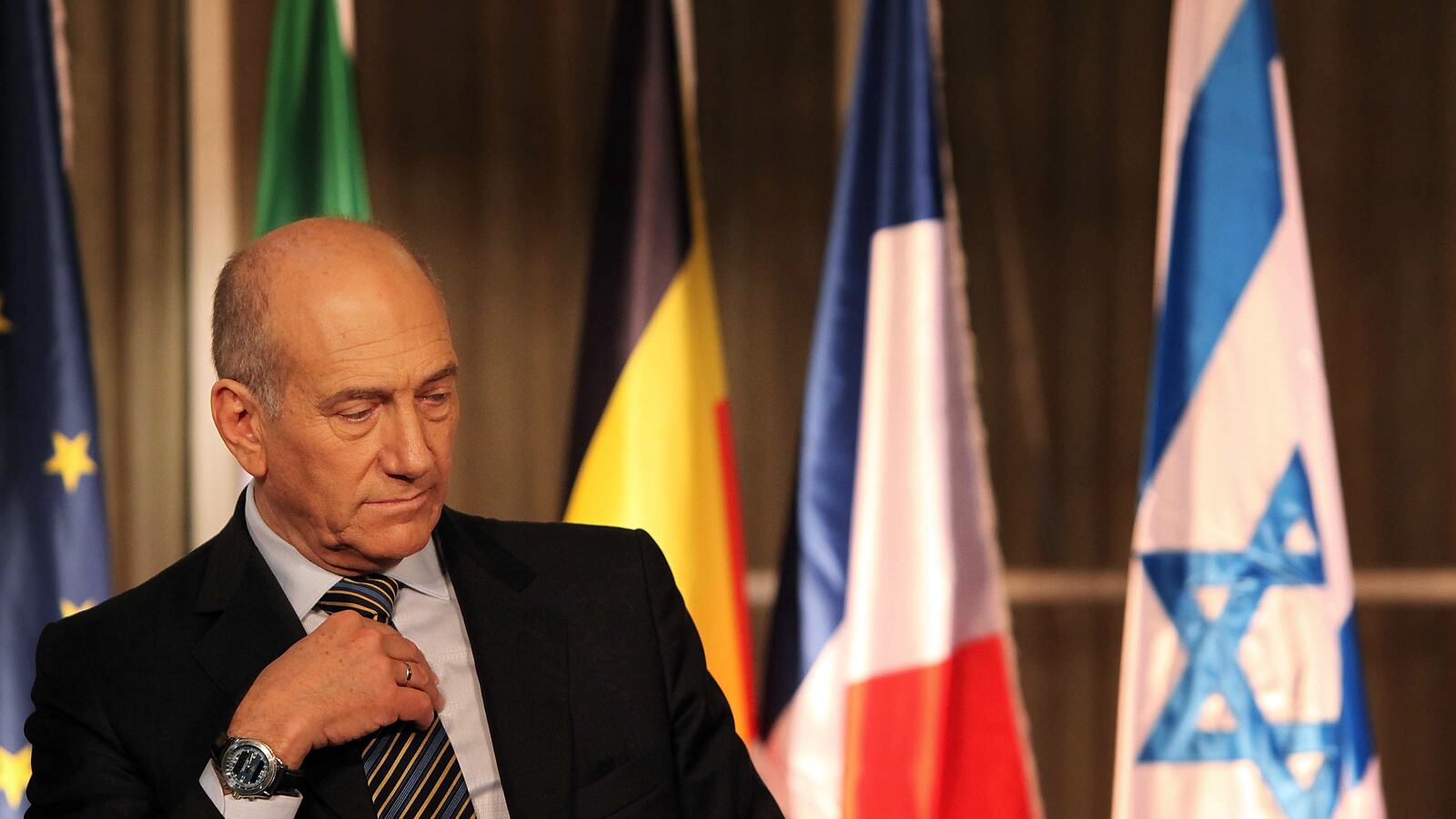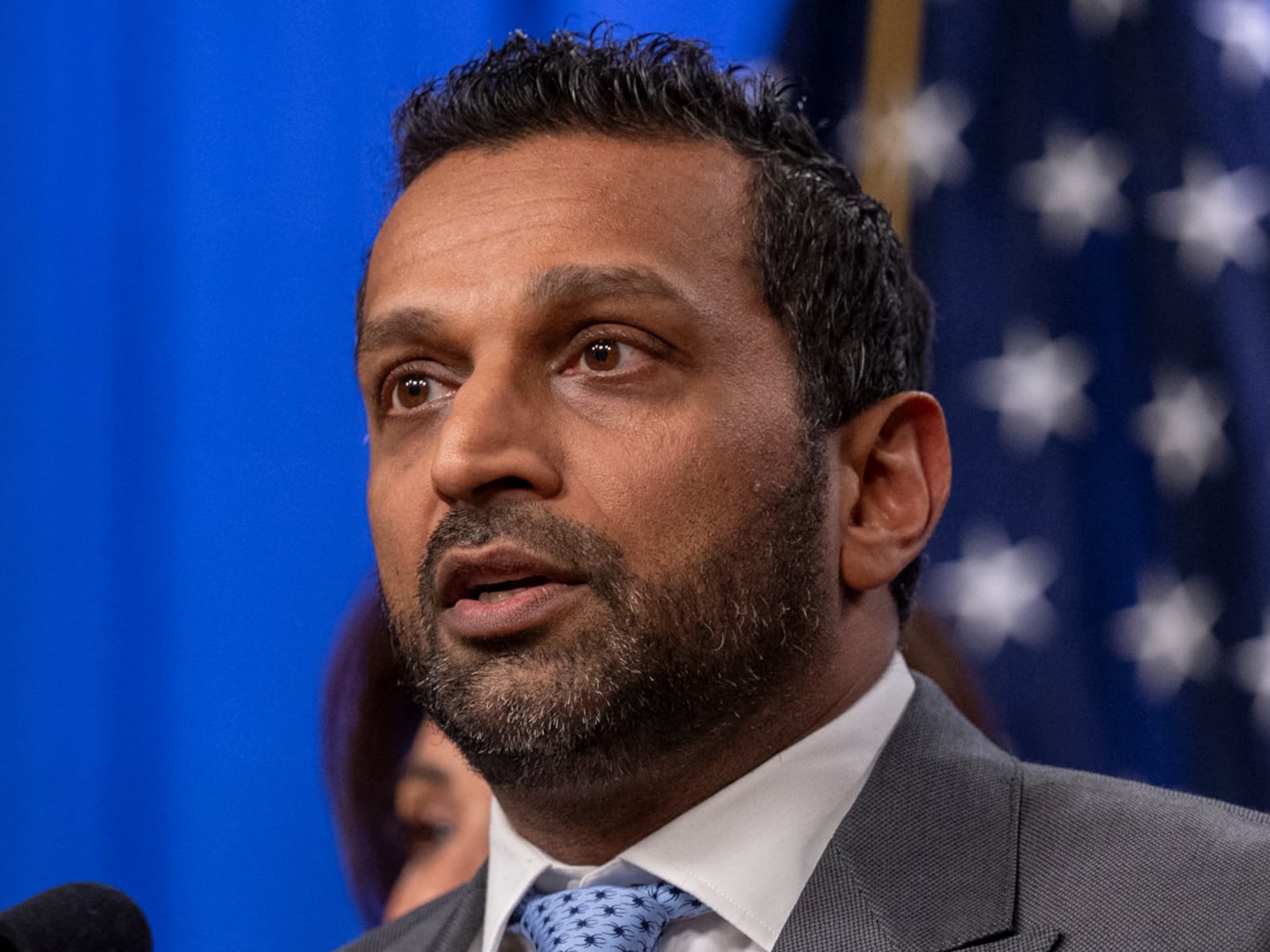In the wake of the failed Geneva Peace Conference of 1973, Abba Eban famously observed that “the Arabs never miss an opportunity to miss an opportunity.” It’s a line beloved by those who say neither the Palestinian people nor the Arab nations are partners for peace. But I have to wonder what Eban would think of Israel’s own failure to grasp the opportunities presented by none other than the Arab League.
Yesterday, Ha’aretz reported that in 2007,
Ehud Olmert rejected an invitation by former Egyptian president Hosni Mubarak and other Arab leaders to address an Arab League convention and set in motion a regional process based on the Saudi peace initiative.

The Saudi peace initiative (also known as the Arab peace initiative) was first raised at the Arab League’s 2002 Beirut Summit. It offered normalized relations and a comprehensive resolution of the Israeli-Arab conflict in exchange for a two-state agreement with the Palestinians, an agreed-upon solution to the refugee issue, and a shared Jerusalem. In the course of presenting the proposal, then-Saudi Crown Prince (now King) Abdullah said in a speech before the League:
We believe in taking up arms in self-defense and to deter aggression. But we also believe in peace when it is based on justice and equity, and when it brings an end to conflict.
Israel and the Sharon-led government made vague comments of interest in the press, and then ignored the whole thing.
Fast forward to the year 2007 and Olmert’s government, but bear in mind the following: In the intervening five years, Israel withdrew from the Gaza Strip but refused to negotiate security arrangements with the Palestinian Authority, thus allowing Hamas to claim victory over the retreat and helping it win the narrowly contested Palestinian legislative elections; a brief civil war broke out between Hamas and the PLO, allowing Hamas to take complete control of the Strip; Gilad Shalit was captured; and fought both a war in Lebanon, and a war-in-all-but-name in Gaza (Operation Summer Rains).
Meeting in the Saudi capital of Riyadh in 2007, the Arab League (all 22 members, including the PLO) repeated its 2002 offer. Later that year, at a conference marking the anniversary of the 1992 Madrid Conference and attended by Lebanese, Syrian, Jordanian, and Palestinian representatives, former Israeli minister Moshe Shahal called on the Arab League to formerly invite Israeli officials to respond to the initiative.
Such an invitation, Shahal suggested, would be helpful in exploring the possibility to advance toward a comprehensive solution based on the Arab initiative.
…In a meeting with Osama El-Baz, [then-Egyptian President] Mubarak's advisor at the time, Shahal was asked if there was a possibility of mobilizing the Olmert government to support the Arab initiative. Shahal expressed willingness to offer Olmert to declare that, in principle, Israel was ready to hold talks with all Arab states concerning a regional agreement, based on the frameworks of the initiative, on condition that Olmert be invited to present the declaration in a special Arab League assembly, as former Egyptian president Anwar Sadat was invited to address the Knesset in Jerusalem in 1977.
Enthusiastic about the idea, within hours El-Baz notified Shahal that he had spoken with Mubarak, who was willing to promote an Arab League resolution on holding a special convention.
Yet ultimately, given a chance to play Sadat to the Arab League’s Knesset, Olmert settled for a mere public acknowledgement of the initiative at the 2008 Annapolis Conference; Ha’aretz writes that, citing his lack political support and poor standing in opinion polls, he “[chose] the Palestinian front over the regional.” And we all know how well that’s gone.
The Arab peace initiative doesn’t offer everything that Israel wants—that’s why it’s called ‘an initiative,’ not ‘an agreement.’ All negotiations start with negotiators who are in disagreement—that’s why they’re called negotiations.
But when I look back on the decade since the offer was first made, and the five years since Olmert almost took a chance, I’m frankly moved to tears. The rivers of blood, the mourning families, the entrenchment of Hamas, and the overwhelming helplessness now felt by so many in the region—could it all have been avoided?
We’ll never know. We can only know that missing opportunities is an equal-opportunity curse.






